DEMO DEMO
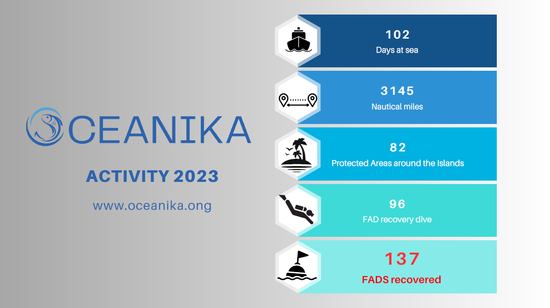
OCEANIKA and FADs
Our action is to remove the FADs stuck in the corals.
Together, NGOs, the tuna fishing industry and government can take concrete action on this real and urgent problem.
Bouton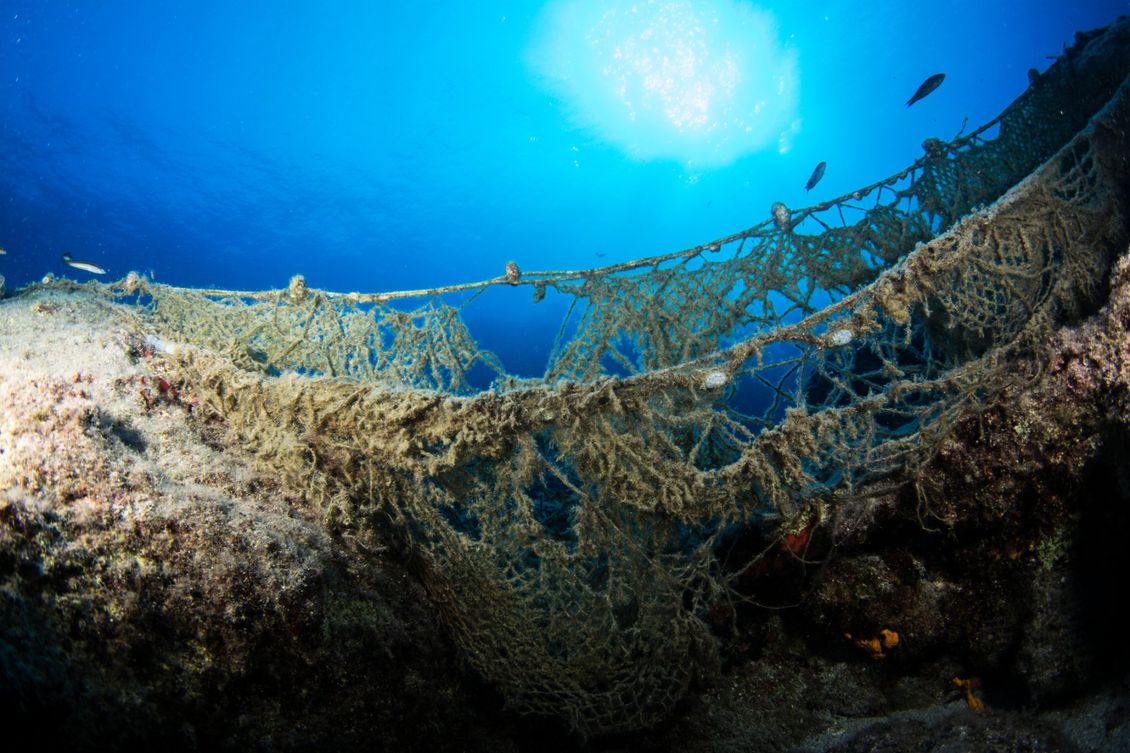
Oceanika and the ghost fishing nets
Nets stuck to the bottom of the sea and abandoned by fishermen have been around for as long as fishing has existed.
They have a disastrous effect on the underwater world, continuing to capture turtles, dolphins and many other species, often destroying the coral. We search for the nets and our team of divers remove them and take them out by our boat to Mahé.
Bouton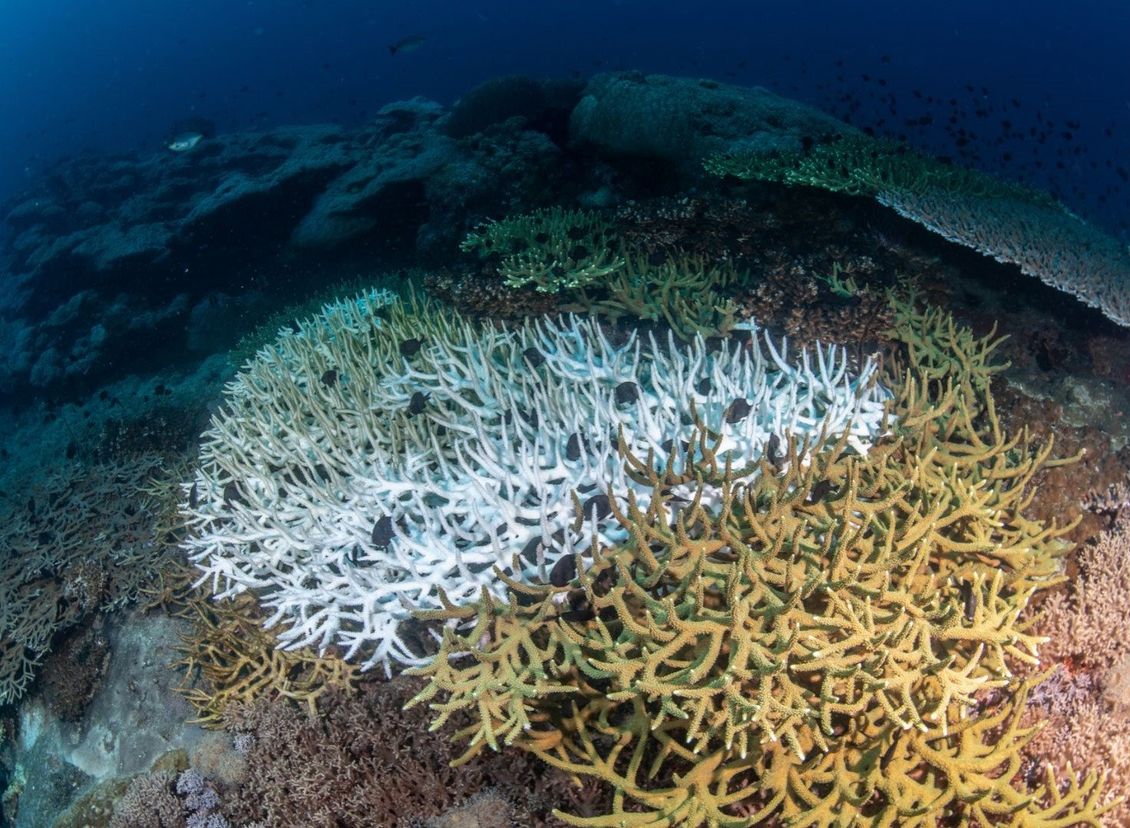
oceanika and corals
Corals are essential for underwater life as at least 25 percent of all underwater species live there. Only 20 per cent of coral reef have been mapped and our teams are looking for unmapped and isolated coral reef to observe the impact of climate change
Bouton
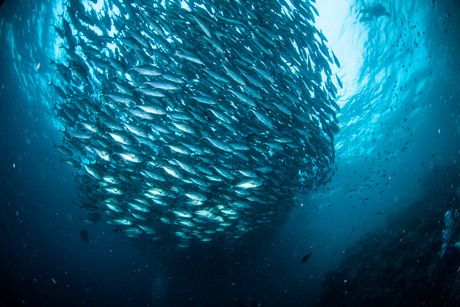
Why are FADs in our oceans ?
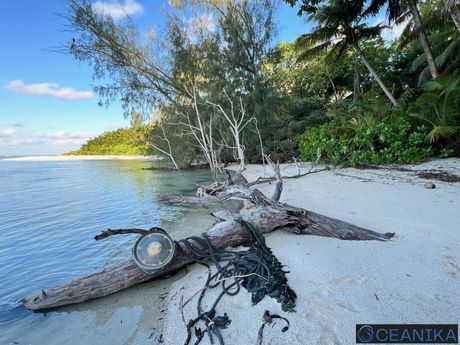
What is a FAD and its impact on the environment ?




